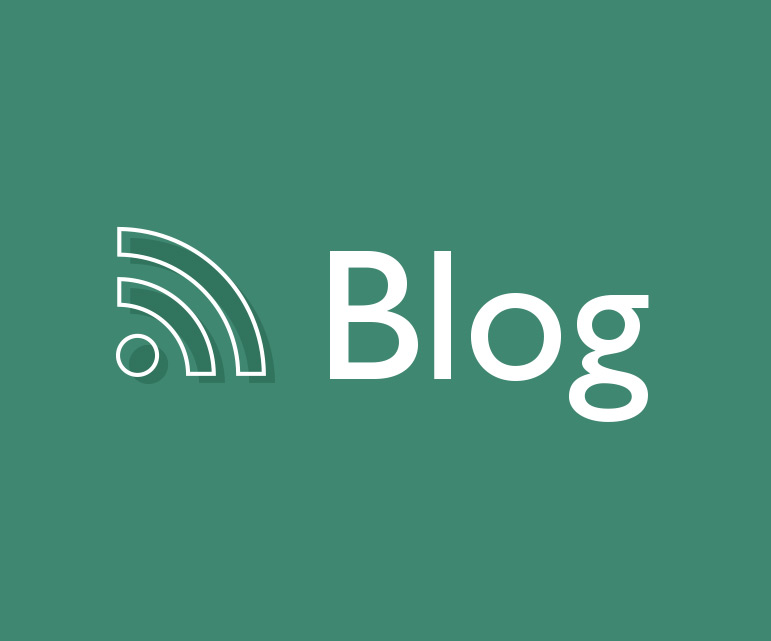post by James Karmel
Oral history is a great way to learn and teach history. At Harford Community College (Bel Air, Maryland), my history students participated in an exciting project during the Fall 2012 semester in a class about the 1960s. The undergraduate students conducted 17 interviews with narrators from the community, their families and college personnel. They recorded each interview on campus or in the field for the purpose of developing a website that featured significant video clips of the interviews. With student input, I utilized WordPress to develop a website called Harford Voices, located here: https://harfordvoices.org. After the semester, I developed the website using the interviews and with great help from a web consultant and college staffer. Eventually, we will also post the full interviews in the college’s library archive, accessible online.
The Harford Voices project was an exciting opportunity for students to hear more directly about the 1960s from people who lived through that tumultuous and transformative era in American history. The interviews focused on broad themes that were later defined on the website: civil rights, Vietnam and cultural change. Each student had access to all the interviews through utilization of Vimeo, an online video sharing program. For their projects, each student developed substantial analysis papers in which they reacted and commented on the interview(s) they participated in and others that classmates had conducted. Harford Voices also includes a page entitled “Student Reflections” that includes textual student reactions to the oral history project and three recorded video clips of students discussing the project.
For this oral history educator, the student reflection component of the project was most gratifying. Yes, the students understood that this was a required element of their final projects and that the grades on these projects factored into their grades for the class. Yet, their thoughtful statements illuminated the meaningful learning that they experienced through participation in the project. For example, one student compared classroom instruction to the oral history experience:
It is obvious what is meaningful to the narrator as she discusses the environmental aspects, sexual revolution and hippy lifestyle of the 60’s to a great length. The impact of an oral history project is different in many aspects of traditional classroom learning. In class you learn about the events in history analyze the events. Participating in an oral history project you get the perceptive of the individual person verse society as a whole.
Another student wrote of the power of oral history to inspire:
As a student historian, this has simply re-ignited my passion to want to learn and hear more from people who have lived through various time periods, even in the recent past of about a hundred years. I am more dedicated than ever, I believe, to trying to capture whomever I can, even if it is not video recorded. I also want to record somehow both my own memories and those of my age group and younger. Things that I remember and forget are so historical, such as 9/11, the fall of the Berlin wall and the end of the cold war, what it was like living under the threat of nuclear war, how people reacted at the prospect of Y2K, etc. Interestingly enough it makes me want to turn into a roving journalist again, asking anyone I come in contact with even the things that they think majorly influenced them or their lives.
Harford Voices is just beginning. We expect it to grow in the future as our students continue to conduct oral history and add their interviews and thoughts to the project. For more information, please visit Harford Voices and/or contact me directly at jkarmel@harford.edu.

